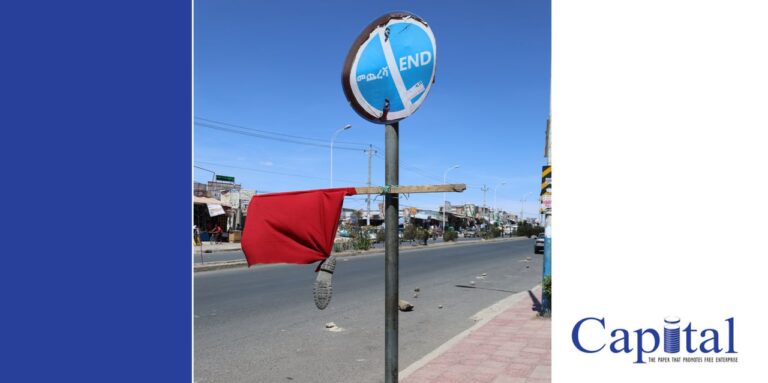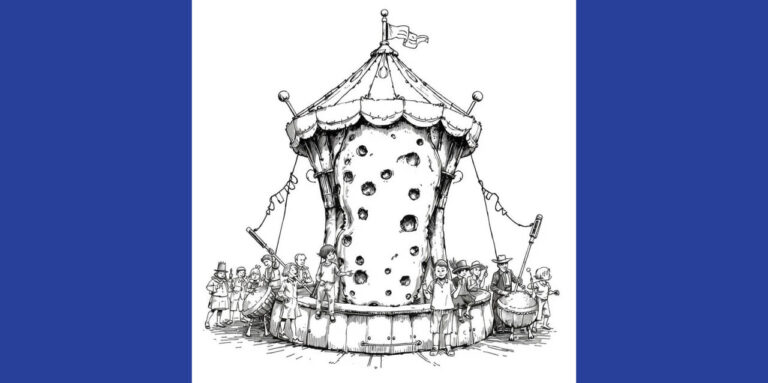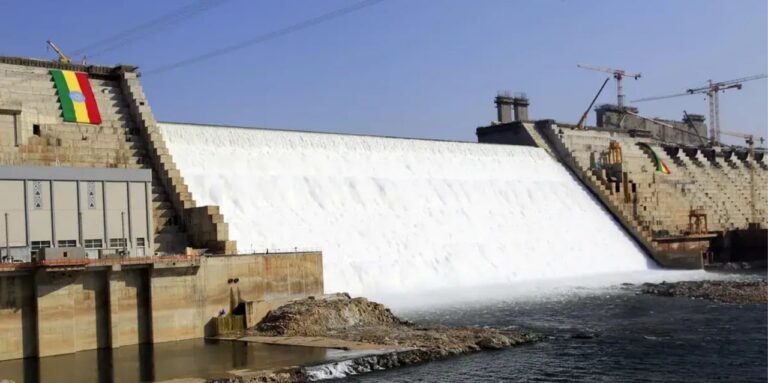BREAD AND CIRCUS
The above three words were/are used to describe the situation that prevailed during the heydays of the Roman Empire. The Roman Empire was one of the most powerful and extensive political entity in days long past. The rise and fall of the Roman Empire is a well-documented subject; what has not been well publicized is its relevance to our era, particularly as it pertains to the reigning hegemon! ‘Bread and Circus’ was a mode of collectivizing operation employed by the power of the day to keep the ‘sheeple’ in check. Obviously, the ‘bread’ component of the operation needs no explanation. A highly organized entertainment industry where music and the whole artistic expressions (visual, performing arts, like movies, etc.) could be employed, both to entertain and indoctrinate, was unthinkable. Without all sorts of electronic gizmos, or sports, professional or otherwise, to keep the sheeple engaged was not entirely easy!
The rulers of the old Roman Empire had to rely on circuses of various sorts, including brutal ones where gladiators (including slaves, criminals etc.) fought and killed each other to appease and amuse the sheeple as well as the psychopathic/decadent leaders of the empire, to say nothing about the winners freeing themselves, if not killed! Don’t forget, these were times when heightened brutality was the order of the day, particularly when the Roman Empire was under paganism (27 BC—480 AD). Incidentally, three fourth of the Roman Empire’s reign (@480 AD to 1453 AD) was under Christianity, situated mostly in Byzantine Constantinople, current day Istanbul, after the defeat by the Ottoman Turks. What then is the relevance of the Roman Empire or more precisely, the relevance of the ‘Fall of the Roman Empire’ to the more intensely globalized world of today? The main point, as far as we are concerned, is the visible break down of market led organizing principles that pervade all realms of existence (economic, social, religious, etc.) For instance, the relation between humans as well as humans and nature are now in the thickest of the struggle between the old (mercantilism and its offshoots) and the unknown new (?)! The outdated/archaic mode of existence is being seriously interrogated by the very few enlightened humanity, despite the all powerful and totalizing narrative of empire and its brazen hegemon!
To be sure and unlike those days of old, the large majority of the global sheeple is not all that ignorant about the ways the TPTB (the power that be) run things, thanks to modern informatics, social movements, non-state actors, etc. Even though the sheeple has literally no say or major input in policy formation/decision, the usual rhetoric about democratic (elective) government notwithstanding, it can potentially command a massive uprising based on collective consciousness, not necessarily arms! This is what makes the modern sheeple different from the sheeple of the Roman Empire! Take the case of modern day Greece, where people clearly voted ‘no’ to the Troika’s ‘austerity program.’ Nonetheless, their decision was steam rolled by the unelected Troika, in collaboration with the more powerful states of the system. As a reaction, the Greece populous is again gearing up to re-elect leaders that will reject the decisions imposed on them by the powerful outsiders, somewhat comprehensively and again by democratic means. This is what disturbs the global status quo! By the same token, decisions to wage war have been taken by the powerful against all existing international laws and the general sentiment of the ruled. In this regard and unfortunately, it was mostly the powerful war profiteers that have been prevailing, at least so! After all, it is these entities that have been running the show for quiet a long while now. Remember the deep state; the military-intelligence-industrial-banking-media complex? This is where decisions are made, despite opposition/apathy, by the large majority of the global population! Welcome to ‘Bread & Circus Round II!
The Orwellian regime is now well established, particularly in the core countries of the system-empire. To be fair, the current definition of Empire includes the European Union and Japan, with the ruling hegemon sitting on top of this dangerously moving edifice! There are surprising facts to indicate how disconnected the ruling entity is from the world of the sheeple. About half of the American population now thinks the whole 9-11 affair was an inside job. Thanks to Snowden et al, we now know that almost all newspaper editorials in the western world are under the direct/indirect guidance/control of the intelligence agencies of empire. If truth be told, the mainstream media (MSM) broadcasts only what is pre-approved by the ‘Ministry of Truth’ of the deep state. So much for the highly touted ‘freedom of speech’! Even scientific discoveries, nay observations (necessarily humanly biased) of the vast cosmos are being used to mesmerize the sheeple into blind submission. To this end, even the rare geniuses of our time are directly/indirectly goaded to advance the hidden agenda of the .01%! The whole message is simple; impart false confidence about the elites’ capabilities, so that the sheeple will not question even the basics, like why we should suffer amidst plenty, why we should not stop destroying our planet, why we should continuously wage destructive and unnecessary wars, etc. etc? Humanity can hardly survive a sleight change in temperature on the blue planet, let alone wonder in space and bring all the goodies from yonder. But the status quo purposely and insidiously peddles such absurdities to advance its unsustainable ways!
We the wretched must think beyond what the masters are teaching us. Paradoxically, the more diligent (narrowly) our students, the more ignoramus they become about our concrete reality. Many of our learned cretins only know how to parrot what they have learned; as these types are, at best, good learners and hardly good thinkers. In our modern world system, ‘not thinking outside of the box’ (=unthinking) pays handsomely, while its opposite is considered adversarial! We have always prided ourselves as being mere ph.ds (phony doctors) while generously acceding the myriad idiotic pronouncements to many of the real PhDs! Many a PhD in our country is not obsessed about deepening knowledge, but rather about flaunting credentials (at times dubiously obtained) for the sole purpose of self-aggrandizement! To us many of these clowns are only sheeply fodders to the ‘bread and circus’ game of the global entrenched interests.
This was first published in August 2015
The Grand Ethiopian Renaissance Dam (GERD) – A Testament to Modern Engineering and Regional Prosperity
GERD stands as one of the most advanced hydropower projects of the 21st century, designed and constructed with the highest scientific and engineering standards available today. Every aspect of its design has been meticulously developed, considering all necessary safety parameters to ensure its structural integrity and operational reliability. The dam’s construction has been under the constant supervision and rigorous monitoring of highly qualified engineers and experts, ensuring that every phase meets global safety and quality benchmarks.
With an investment of $5 billion, Ethiopia has prioritized not just power generation but also safety, environmental sustainability, and regional cooperation. GERD is built to last, utilizing cutting-edge construction methodologies and the latest advancements in dam engineering. It is a project of resilience, innovation, and shared growth.
Despite this, concerns have been raised about its safety—particularly from Egypt. It is worth noting that the Aswan High Dam, situated upstream of Cairo, was constructed over 60 years ago. Since then, engineering knowledge, safety regulations, and construction technologies have advanced tremendously. If a dam built with mid-20th-century technology has served its purpose effectively for decades, imagine how much safer and more efficient GERD is, given the remarkable advancements in engineering over the past six decades.
GERD is not just Ethiopia’s achievement—it is a symbol of regional collaboration and progress. It offers a sustainable solution to the energy needs of millions, fostering economic growth and stability across the region. This is a win-win project for all of us.
Let us move forward with optimism, embracing the benefits of GERD together. The future is brighter when we stand united, recognizing that shared prosperity is the key to lasting peace and development.
A Call for Cooperation and Sustainable Development
Now that GERD is a reality, it is time for all Nile River riparian countries to shift their focus toward the collective responsibility of preserving and protecting the basin’s natural resources. The era of division and unfounded opposition must give way to a new chapter of collaboration, where science, innovation, and shared commitment define our approach to water management. Ethiopia’s rightful efforts to meet its energy demands can no longer be undermined. Progress must be acknowledged, and cooperation must take precedence over confrontation.
Instead of conflict and distrust, we must embrace sustainable solutions that benefit all. Scientific watershed management, water-saving innovations, and efficient resource utilization should be our common goals. The path forward lies not in dispute but in constructive dialogue—where knowledge is shared, ecosystems are restored, and solutions are built together. Efforts such as spring restorations, afforestation, and soil conservation must be expanded, ensuring that the Nile remains a lifeline for future generations.
The challenges of population growth and natural resource depletion are real, but so are the opportunities to address them through unity and innovation. Let us replace hostility with mutual understanding, resistance with cooperation, and uncertainty with a shared vision for a sustainable and prosperous future. GERD is a testament to what is possible when ambition meets determination—now, let it also be a symbol of regional partnership and lasting peace.
You can reach the writer via sisaytekaalem@gmail.com
Name:Alem Tesfaye
Education: (የት/ት ደረጃ)
Diploma in Business Administration
Company name: (የመስሪያ ቤቱ ስም)
Kuku Furniture
Title: (የስራ ድርሻህ)
Owner
Founded in: (መቼ ተመሰረተ)
2020
What it does: (ምንድነው የሚሰራው)
Production of furniture
Headquarters: (ዋና መስሪያ ቤት)
Akaki, Addis Ababa
Start-up capital: (በምን ያህል ገንዘብ ስራዉን ጀመርሽ/ክ)
100,000 birr
Current capital: (የአሁን ካፒታል )
Growing
Number of employees:( የሰራተኞች ቁጥር)
6
Reason for starting the business: (ለስራው መጀመር ምክንያት)
To take advantage of the growing demand for affordable and functional furniture
Biggest perk of ownership: (የባለቤትነት ጥቅም)
Ability to build a large and successful business
Biggest strength: (ጥንካሬህ/ሽ)
Strong business acumen
Biggest challenge: (ተግዳሮት)
The lack of funds to expand my business
Plan: (እቅድ)
To be the leading supplier of ready-to-assemble furniture
First career path: (የመጀመሪያ ስራ)
Managing my family’s log cabin
Most interested in meeting: (ማግኘት የምትፈልጊ/ገው ሰው)
None
Most admired person: (የምታደንቂ/ቀው ሰው)
Tewodros Kassahun (Tedy Afro)
Stress reducer: (ጭንቀትን የሚያቀልልሽ/ለህ)
Spending time with friends
favorite book ( የመፅሐፍ ምርጫ)
Ke Admas Bashager
Favorite pastime: (ማድረግ የሚያስደስትህ)
Meeting other entrepreneurs
Favorite destination to travel to: (ከኢትዮጵያ ውጪ መሄድ የምትፈልጊ/ገዉ ስፍራ)
USA
Favorite automobile: (የመኪና ምርጫ)
Luxury SUV’s






